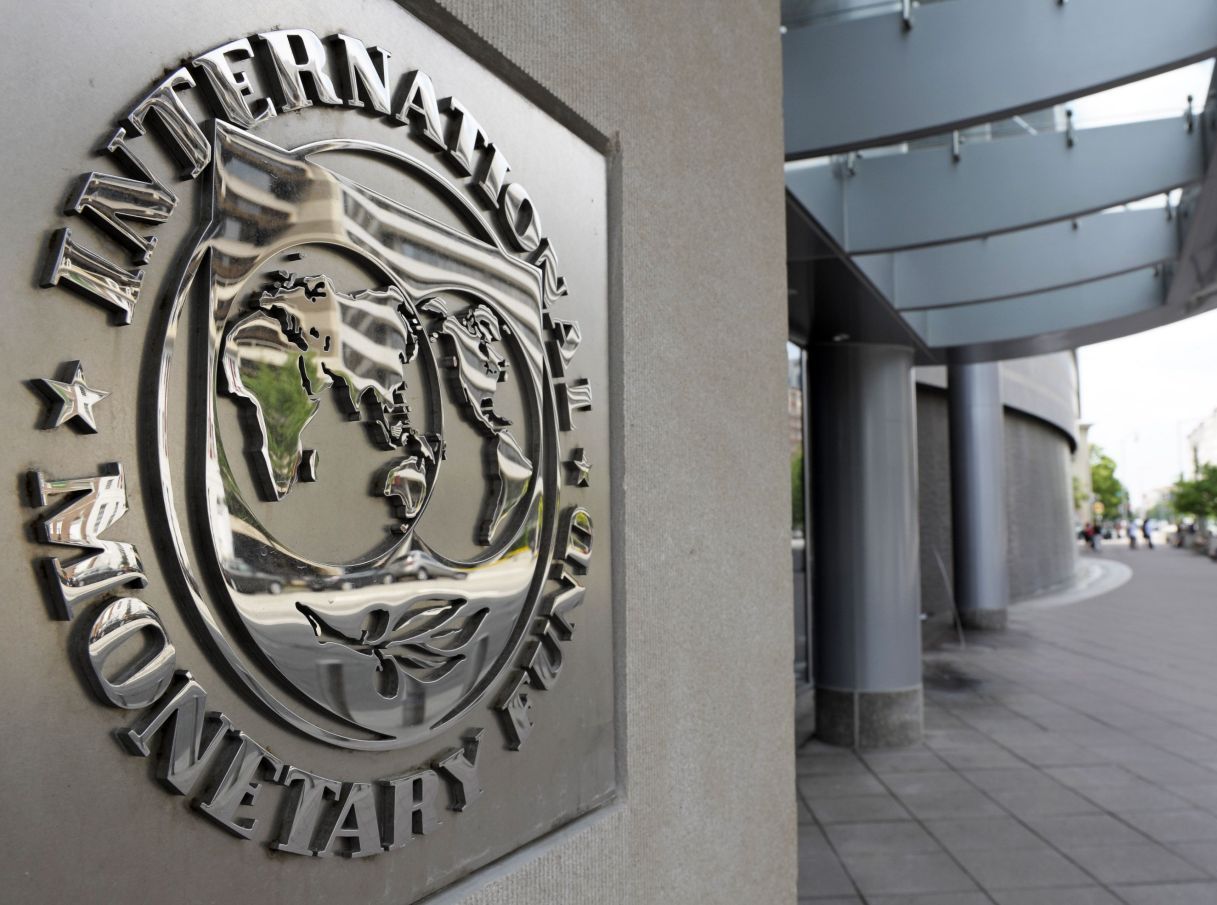Nigeria’s economic decline affects neighbouring countries – IMF

Due to the intra-regional trade and remittance ties between Nigeria and neighbouring countries, the economies of the Chad and Niger had been significantly affected by the economic downturn in Nigeria, the International Monetary Fund has said.
The IMF, in its latest staff report for the 2017 Article IV consultation on Nigeria, stated that in Chad, lower trade flows due to insecurity in the border region between both countries contributed to the underperformance in Customs revenue.
According to the fund, disruptions to trade flows, especially in food items, led to increased domestic prices for some products in Chad.
According to the IMF, other countries affected are the Benin Republic and Togo.
It added that naira depreciation encouraged smuggling of petrol and restricted the collection of tax revenue from formal consumption of the product in Benin, Niger and Togo.
Niger, which sources about 65 per cent of its electricity from Nigeria, had been subjected to periodic supply problems due to fuel and foreign exchange shortages, the fund added.
In all the four countries, it said, “Naira depreciation, foreign exchange restrictions, and lower Nigerian economic activity contributed to lower exports to and higher imports from Nigeria.
“In Benin, revenue collection (Customs and Value Added Tax) on informal trade is estimated at 14 per cent of total tax revenues. Nigeria’s slowdown and foreign exchange restrictions have limited re-exports.”
In the financial sector, the IMF noted, “Nigeria faces similar risks of inward spillovers from foreign-owned banks, as subsidiaries of Ecobank (Togo) and Stanbic (South Africa) together account for 10 per cent of total deposits in Nigeria.”
It warned that the government policies such as increased restricted regional and global trade could lead to negative consequences for trade, capital and labour flows, sentiment, and economic growth.
The IMF added that prolonged policy uncertainty could have great impact on confidence and investment and would increase the risk of currency crisis.
According to the fund, worsening of state and local government finances, prolonged disruption of oil production in the Niger Delta and deterioration of insurgency-related humanitarian crisis in the North-East of Nigeria are some of the risks the country is exposed to.
However, the IMF’s Directors for Nigeria, Mr. Maxwell Mkwezalamba, and Mr. Dumisani Mahlinza, in a statement expressed optimism that the implementation of the Economic Recovery and Growth Plan of the Federal Government would turn around the economy.
They said, “The recent measures to reduce vulnerabilities, including fuel price deregulation, monetary policy tightening, and measures to address possible exchange rate misalignment should sustain this momentum. In the medium term, the authorities’ commitment to implement policies to rebuild confidence and boost economic recovery over the medium term, supported by the ERPG, should result in a sustained turnaround.”









0 Comments